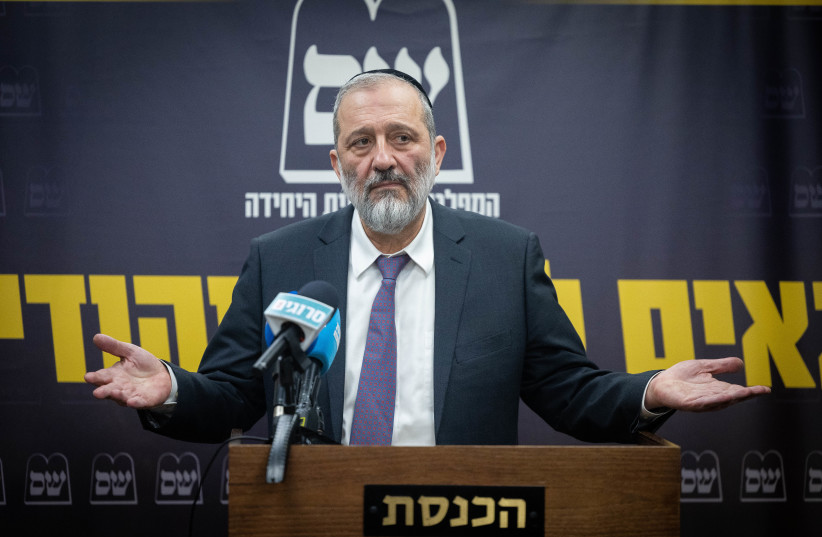High Court: Tiberias Law applies next mayoral election, Yosef can’t run
Caretaker mayor Boaz Yosef won’t be able to run in Tiberias’ October mayoral election, as late Sunday night soon after the hearing on the Tiberias law the High Court of Justice unanimously decided to interpret the legislation as not applying to the current campaign.
The controversial Tiberias Law, decried by critics as a personal law that changed the rules of the election campaign, allowed Yosef to run for office by decreasing a restriction on caretaker local authorities immediately running after finishing their service.
In line with the recommendations of the Attorney-General’s Office and the Knesset legal adviser, the law was not struck down, but rather interpreted. Some petitioners and parties had called for the law’s striking, on the grounds that it violated the voting rights of the residents of Tiberias — an argument that the justices expressed during the hearing was unconvincing.
The law did not stand up to constitutional scrutiny
The Attorney-General’s Office had also said that the law did not stand up to constitutional scrutiny and that it needed to be improved. The High Court “decided that at this time, a decision on the constitutional issues is not required.”
The court had also given its immediate judgment without reasoning, and that later the explanation for the ruling would be published.
 Head of the Shas party Aryeh Deri, leads a faction meeting, at the Knesset, the Israeli parliament in Jerusalem, on February 6, 2023. (credit: YONATAN SINDEL/FLASH90)
Head of the Shas party Aryeh Deri, leads a faction meeting, at the Knesset, the Israeli parliament in Jerusalem, on February 6, 2023. (credit: YONATAN SINDEL/FLASH90)The petitioners for the three petitions, the Anti-Corruption Movement (TLM), the Israeli Movement, Tiberias mayoral candidates Shani Illouz and Aviv Itzhak, and the Movement for Quality Government in Israel, had argued that the law was passed specifically to benefit Yosef, who critics have claimed is an ally of Shas Chairman Aryeh Deri — something his legal representation vehemently denied as a lie. The personal nature of the law seemed evident enough to warrant an immediate response by the court, and justices such as High Court President Esther Hayut during the hearing expressed that it seemed clear that the law was a personal one.
The law created inequality between the candidates, petitioners argued, as Yosef gained an unfair advantage of an incumbency that he hadn’t earned. It changed the rules of the game as it was being played, bringing in a new candidate, as Attorney-General representative Sharon Rotshenker noted during the hearing, as a “surprise.”
Autonomy of local authorities
Another concern was that the autonomy of local authorities would be infringed by the law, allowing the Interior Ministry to interfere with local elections.
Movement for Quality Government in Israel (MQG) attorney Tomer Naor noted that the justices saw the many problems with the petition, and the decision negated many of them but hoped that “legislators will also continue this important move and cancel the amendment to the law, which creates many problems in local government.”
TLM director Omer Makias said that it still believed the law as unconstitutional and that he hoped that the Attorney-General would add supplementary arrangements to prevent damage to the local government system. Makias also said that the court was limited in its ability because of the cancellation of the reasonableness standard last Monday.
MQG head Dr. Eliad Shraga said that the decision showed Deri the limitations of his power, and said that the other pending petitions against the reasonableness law and incapacitation law would also be successful.
Itzhak welcomed the decision of the court, saying that justice had been done.
“We were full of faith in the justice system and we expected that justice would be done in Tiberias and indeed today it was,” Itzhak wrote on Facebook. “I want to appeal to the residents and say that despite the controversy over the law, it is important to remember that our strength is in our unity. The goal for all of us is the same — the good of the city.”





Comments are closed.